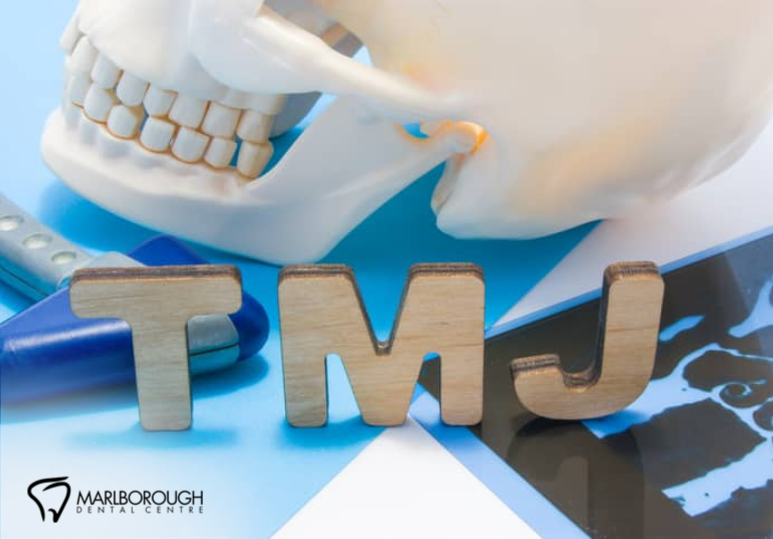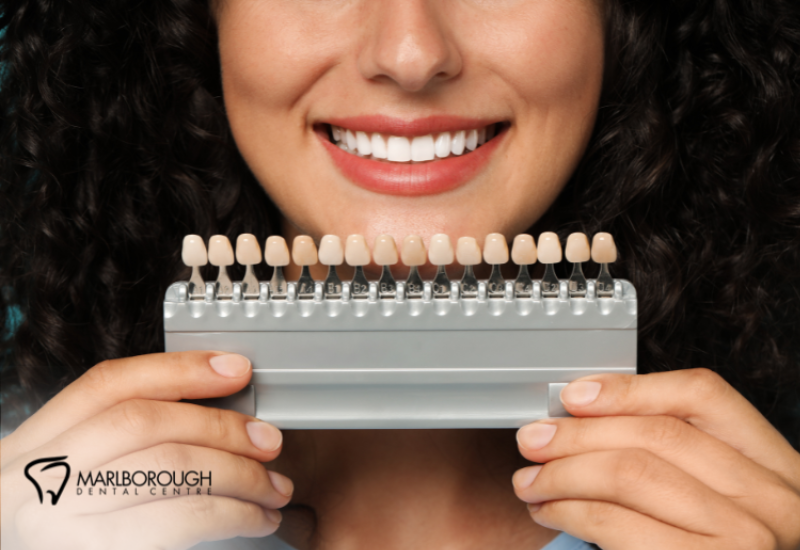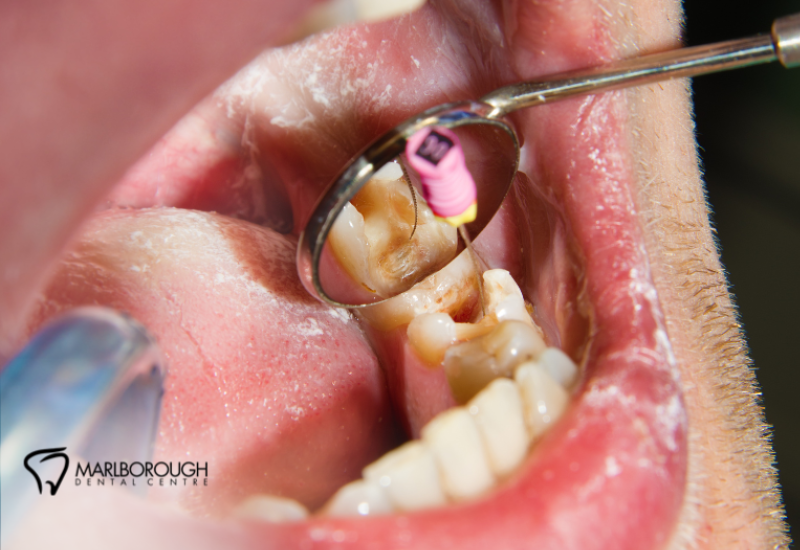Splints A Dentist May Recommend
What Is A Splint?
A dental splint is a hard mould created by your dentist to fit your teeth, similar to a retainer. Whereas a retainer is used to prevent your teeth from moving out of place, splints are used to help improve jaw function and reduce pain caused by TMJ dysfunction. Splints are typically used to help relieve the pressure that is causing your TMJ pain, whether this is from grinding your teeth, clenching your jaw, or a misalignment of your jaw. Splits are not always a long-term solution, but they can help to relieve TMJ pain enough that you will be able to open your jaw for a more detailed inspection and so your dentist can determine the cause of your TMJ dysfunction.
Types Of Splints
- NTI-tss (Nociceptive Trigeminal Inhibition Tension Suppression System)
This appliance fits on the upper front teeth and its main purpose is to prevent tooth grinding. Because many people mainly grind their teeth while they sleep, this split is worn during the night unless your dentist specifies otherwise. - Repositioning Splint
If your TMJ pain has just started occurring or if your dentist wants to test repositioning the jaw before any major treatment is performed, they may recommend a repositioning splint. This splint will help to move the lower jaw either forward or backwards. This splint is not a long-term solution, as it is not meant to be worn past 6 weeks, but it can help to temporarily relieve pain and to determine what treatment may be needed for your TMJ dysfunction. - Stabilization Splint
This splint goes on the teeth of the upper jaw. While it is fitted to the upper teeth, the bottom of the splint is smooth. This helps prevent the grinding of teeth and can help to ease the ache of sore jaw muscles and joints by reducing the pressure put on them. This splint is designed only for people who grind their teeth and not for those who clench their jaw. - Anterior Biteplane
This splint is positioned on the front teeth of the upper jaw. It is designed to prevent the back teeth from touching in order to prevent both tooth grinding and jaw clenching. The anterior biteplane splint can be very effective to help relieve TMJ pain caused by excessive clenching and grinding that puts strain on the TMJ. This splint should only be worn at night to avoid the shifting of any teeth.
Splints are not the only way to address TMJ dysfunction. Read about the role of night guards in TMJ pain relief by reading How Custom Night Guards Can Be Used To Treat TMD.
If You Have Jaw Pain, Visit A Dentist
You may not know if your pain is specifically caused by TMJ dysfunction, but any form of jaw pain should be addressed by a dentist. If you have pain when you open your mouth, if you hear a clicking sound when you open your mouth, or if you are experiencing pain at the back of the jaw near the ear, you may have TMJ dysfunction. At Marlborough Dental Centre in Calgary, our team will work to discover what exactly is causing your jaw pain and we will create a plan to relieve your pain both short and long term. To book an appointment with Dr. Popp and the Marlborough Dental Centre team, call 1-403-248-2066 or fill out the online contact form.
FAQ
Q: What’s the difference between a night guard and a TMJ splint?
A: A night guard is a form of TMJ splint when used to prevent TMJ pain caused by teeth grinding or jaw clenching, but a splint is not a night guard. Although mouth guards and splints may seem similar, the usage is not quite interchangeable since splints address different specifications than mouth guards most of the time.
Q: What happens if TMJ dysfunction goes untreated?
A: Your TMJ health affects more than just your jaw, it can also create pain in your face, neck, shoulders, and ears. In severe cases, it can be an underlying cause of headaches/migraines, ringing in your ears, dizziness/vertigo, tingling and numbness in the fingers, and neck/back pain. The symptoms of temporomandibular joint disorder and oral cancer overlap, so if you suspect you have TMD, see your dentist to confirm that is what it actually is.




